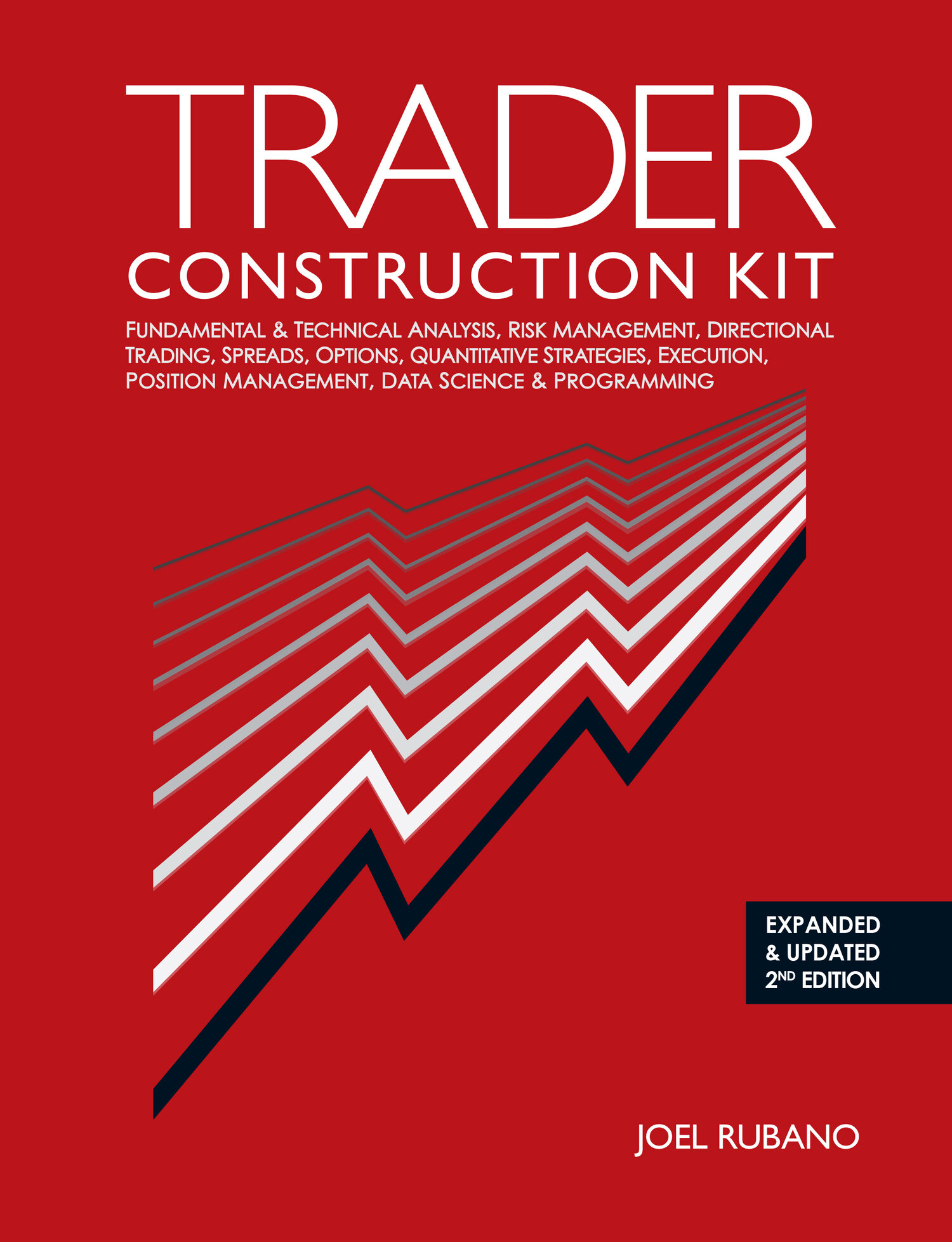Following up on my initial post on the nascent Bitcoin futures market (which can be found here), a few additional thoughts:
1. Given what I conjectured to be a small to non-existent cadre of naturals/hedgers with a vested transactional interest, I asked the question: Does anyone need Bitcoin? Given the design of the futures contracts, and indeed the properties of futures markets in general, the same question can easily be asked of the CBOE and CME products. One argument that has been made is that miners can use the futures to hedge production of Bitcoin and other entities can use them to lock in exchange rates for future payments in Bitcoin. They could, but the better question is whether or not they should.
Consider a Bitcoin miner that expects to produce one Bitcoin in January, but that likes the current December price and wants to lock in that value. The miner establishes a brokerage account and sells one Jan CBOE futures contract for $18,000. The initial margin required to hold a futures position will be a function of the exchange mandated minimum, plus any markup/adjustment demanded by the clearing broker to compensate for the riskiness of the counterparty and the product. The problem for the hedger is not usually the initial margin (though for thinly capitalized players, it certainly can be), but the variance margin that the clearing broker will require to cover the day-to-day fluctuations in value.
If on the second day the Bitcoin contract closes at a new high at $20,000, the miner will owe their clearing broker $2000 of variance margin. If they don’t pay, the clearing broker will close the position and the miner will be on the hook for the losses. Though the value of the future Bitcoin the miner will produce has also increased in value by $2,000[1], they will not be paid until they sell it in January. This mismatch of cash flows is called the Hedger’s Dilemma, and if taken to extremes can easily bankrupt a firm that has, theoretically, made a smart decision to mitigate their price risk.
2. A secondary question around the utility of the futures contracts is whether or not players accustomed to the totally anonymous, unregulated characteristics of Bitcoin (and the cryptocurrency space in general) would have the desire (or capability) to set up an account in a highly visible, highly regulated, dollar-denominated product.
3. I’m also curious as to the market-expanding effects of the futures contracts. In my prior post I attributed the rise in price of Bitcoin to the inflationary effects of an increasing amount of money chasing an (effectively all-but) fixed volume of supply. A futures trade requires both a buyer and a seller, but the potential open interest is theoretically unlimited. Willing short players could end up facilitating the participation of a large number of unrequited buyers desperate to establish long exposures.
4. Good poker players hate playing against novices, as they do not tend to react in predictable ways and often refuse to throw in their hand when logic suggests that they should. I wonder if this same skill-based dichotomy might manifest itself in the Bitcoin futures, which could ultimately end up as a trap for the highly anticipated barrage of “traditional” financial players eagerly anticipating their opportunity to short what they feel to be an insanely overvalued market. If the same buy-and-forget mentality starts to manifest itself in the futures markets, the pros could find themselves shorting into a wave of doctors and dentists who have no intention of closing out of their positions under anything other than catastrophic circumstances. So, if the long side of the market is basically pot committed with their Bitcoins, then who are the shorts supposed to buy their positions back from? Their only hope is to bid up the price to entice in other professional sellers. This could easily lead to a rather violent rolling stop out, if the market were able to gather a respectable volume of open interest and make a protracted move to the upside that would be painful to the financial participants with V@R and stop-loss limits to worry about. I’m certainly not saying it will happen, but the necessary dynamic does seem to be present in the market.
In summary: Based on the unique characteristics of the cryptocurrency space, it seems that the most obvious utility of the futures is as a secondary speculative instrument, not necessarily a hedging vehicle.
Full disclosure, I do not own and have not traded any Bitcoin, Bitcoin futures, or any other cryptocurrencies. My perspective is one of a highly interested market observer attempting to understand and contextualize these (relatively) new instruments against the backdrop of more traditional financial products.
[1] Which may not be true, given the futures-to-cash basis, which will not be a constant.
